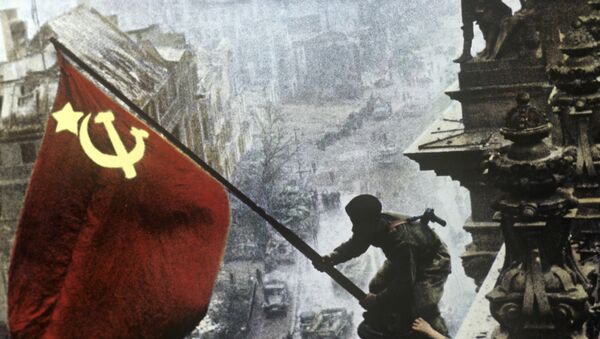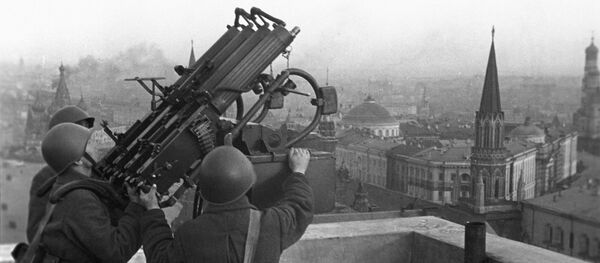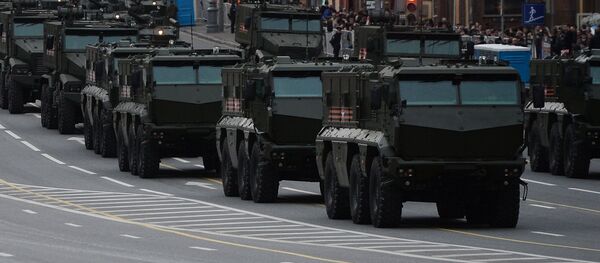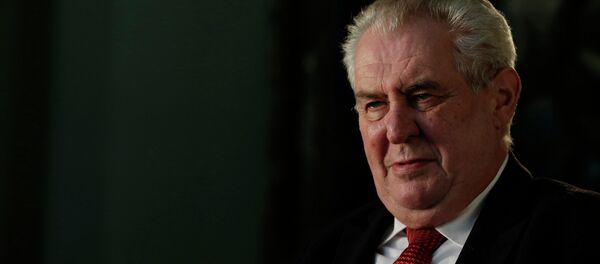He recalled that "unlike the United States, which had two oceans that largely insulated it from attack after Pearl Harbor, Russia was besieged, bombed, invaded and re-invaded during World War II."
"Then the Red Army swept toward Berlin and played a key role in toppling Adolf Hitler," Birnbaum pointed out.
He quoted 44-year-old Pavel Elfimov as saying in an interview that in Russia there are very few families who weren't touched by the Second World War; both of Elfimov's grandfathers fought in the war, with one of them giving his life for victory.
Birnbaum, for his part, also recalled that "Soviet losses were immense" referring to "most historians" who estimate the Soviet death toll between 27 million and 28 million people.
Meanwhile, "World War II tends to be remembered in the United States as a victory by Americans, with the Red Army acting more or less as an adjunct," he said.
Also, Birnbaum referred to Russian President Vladimir Putin reviving "the Soviet-style tank parade in 2008, seeing the day as a way to rally citizens around the flag."
"But despite the hundreds of missile launchers, warplanes and antiaircraft guns that roll through Red Square every year, many Russians say that the true meaning of the holiday is more personal, 71 years after the end of the war," Birnbaum said.
The majority of respondents in the United States (79 percent), France (58 percent) and half of those in Germany (50 percent) said that the US Army played a crucial role in the victory over Nazi Germany.
All in all, according to various estimates, the Red Army liberated almost 50 percent of the states that make up present-day Europe, without counting the European part of Russia, and suffered more casualties than any other force in the war.





